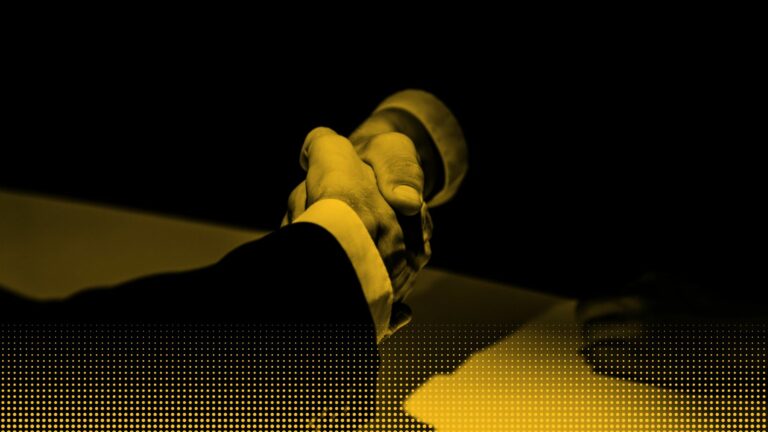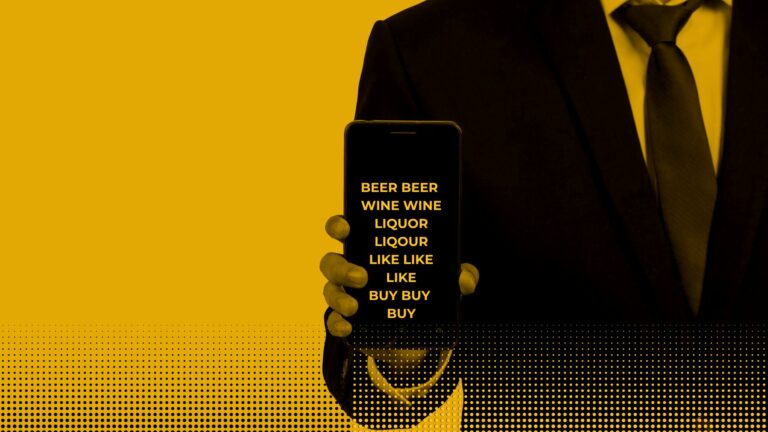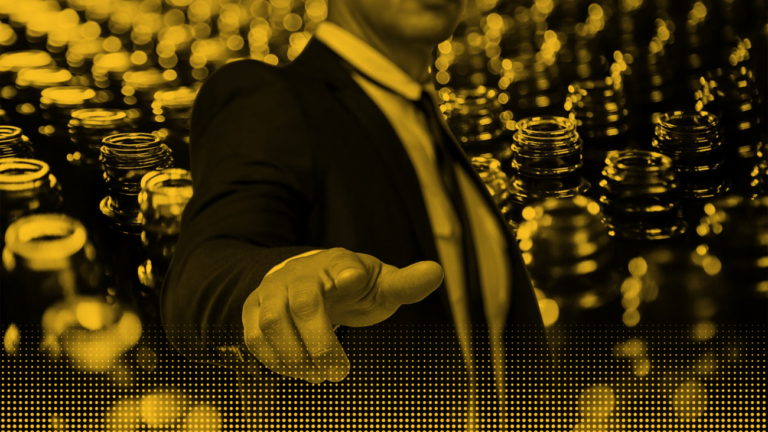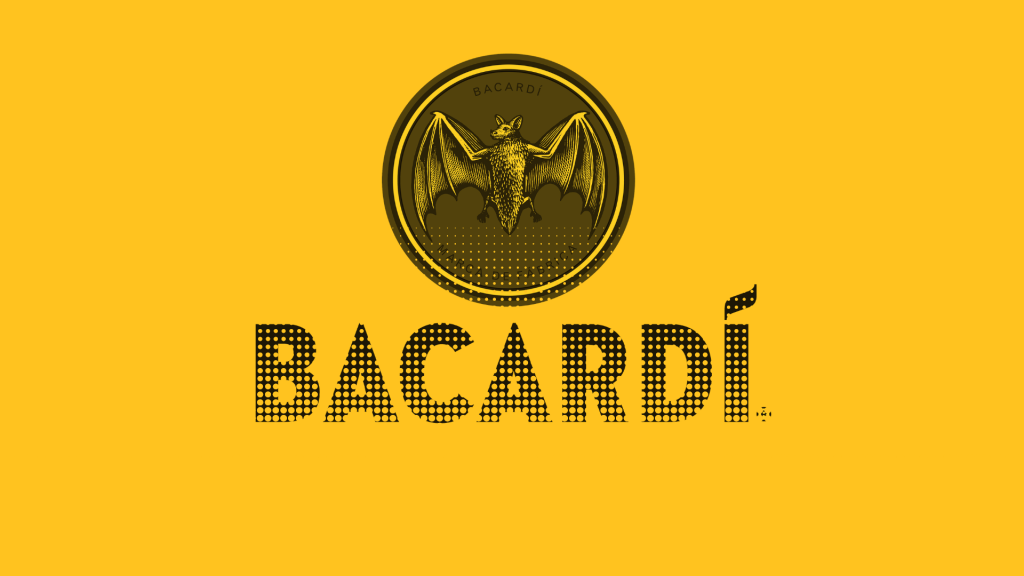This company profile of Bacardi reveals the unethical practices of one of the world’s largest alcohol producers. It provides examples of harmful methods across the categories of political interference, promotion, sabotage, manipulation, and deception – the Dubious 5 strategies.
Introduction
Bacardi is a privately held spirits company based in Hamilton, Bermuda. The Bacardi portfolio comprises more than 200 brands and labels, including Bacardi (rum), Patron (tequila), Grey Goose (vodka), Dewar’s (whisky), Bombay Sapphire (gin) and Martini (vermouth). The company has production facilities in 11 countries and sells its products in more than 160 countries.
Since Bacardi is not publicly traded, there is little information available regarding company structure and financial information.
The CEO of Bacardi is Madesh Madhavan. Chairman of the board is Facundo L. Bacardi.
Fast Facts about Bacardi
- Marketing spend: $20.3 million (2016, US only)
- Number of employees: 9,000
Bacardi involvement in front groups:
- International Alliance for Responsible Drinking (IARD)
- Spirits Europe
- Distilled Spirits Council of the United States (DISCUS)
- Association des Industries de Marques (AIM)
- World Federation of Advertisers
- Comité Européen des Entreprises Vins (CEEV)
UNETHICAL PRACTICES by Bacardi
 Political interference
Political interference Canada: Big Alcohol Derailed Planned Alcohol Tax Increase While New Report Details High Alcohol Harm and Economic Costs
Big Alcohol managed to pressure the Canadian government into giving up on a much needed alcohol tax increase. The federal alcohol duty was ...

Exposed: Alcohol Companies Among Instagram’s Fastest Growing Brands
Social media has become one of the most popular platforms in alcohol marketing, reaching a large group of people, often minors and young ...

Addictions France Wins Lawsuit Against Meta Over Alcohol Ads
A historic victory against online alcohol sponsorship in France. In early January, the Paris Court ordered the Meta group (parent company ...

Big Alcohol Exploits India-UK Trade Agreement to Reduce Tariffs, Increase Profits
Movendi International reported back in February that Big Alcohol will seek to slash India’s customs duty on imported alcohol products ...

USA: Regulator Puts Big Alcohol on Notice Over Deceptive Marketing Practices
The Federal Trade Commission (FTC) issued over 700 “Notice of Penalty Offenses” to a large number of businesses, includinng many Big ...

Big Alcohol: Tequila Maker Uses Insta Stories to Sell
An emerging tactic by Big Alcohol is spotted from tequila maker Patrón’s strategy to use Insta story ads to sell their product. With ...
BROWSE MORE UNETHICAL PRACTICES by Bacardi
BIG ALCOHOL IN THEIR OWN WORDS
Whisky brands are very reliant on a small number of heavy, and increasingly ageing, consumers, to provide the majority of volume [...] in the longer term we had to attract more younger drinkers—the heavy- using loyalists of tomorrow [to avoid] the potentially disastrous implications of losing heavy drinkers”.

“If Miller Lite was to be a large profitable brand we had to attract these young heavy drinkers”.

To the extent [that laws or regulations or actions against us to substantially curtail the consumption of alcohol, including beer] gain traction, they could have a material adverse effect on our business and financial results. For example, the European Union published its Europe Beating Cancer Plan. As part of the plan, by the end of 2023, the European Union has indicated it will issue a proposal for mandatory health warnings on alcohol beverage product labels."
Source: Molson Coors Annual Report 2022

